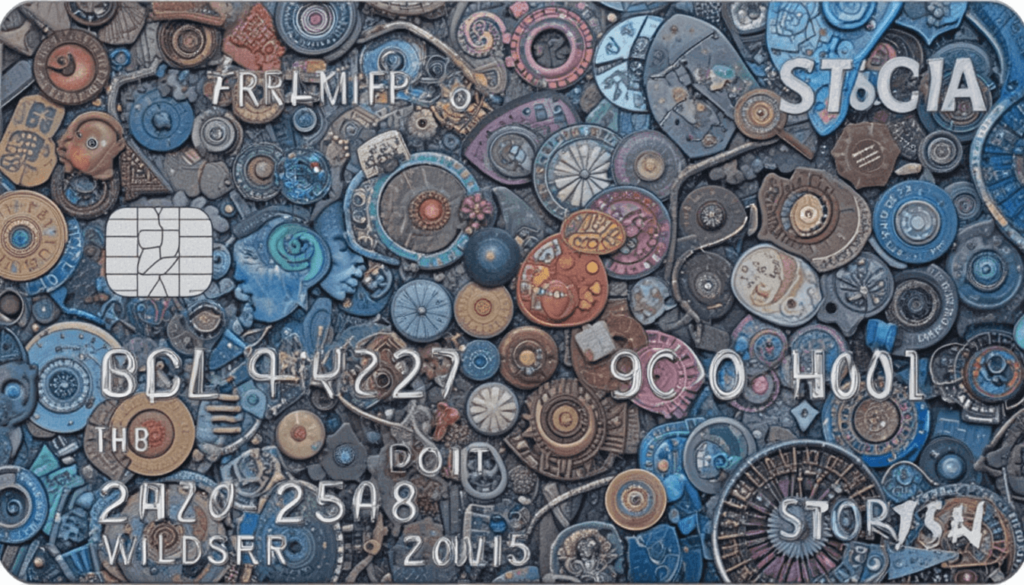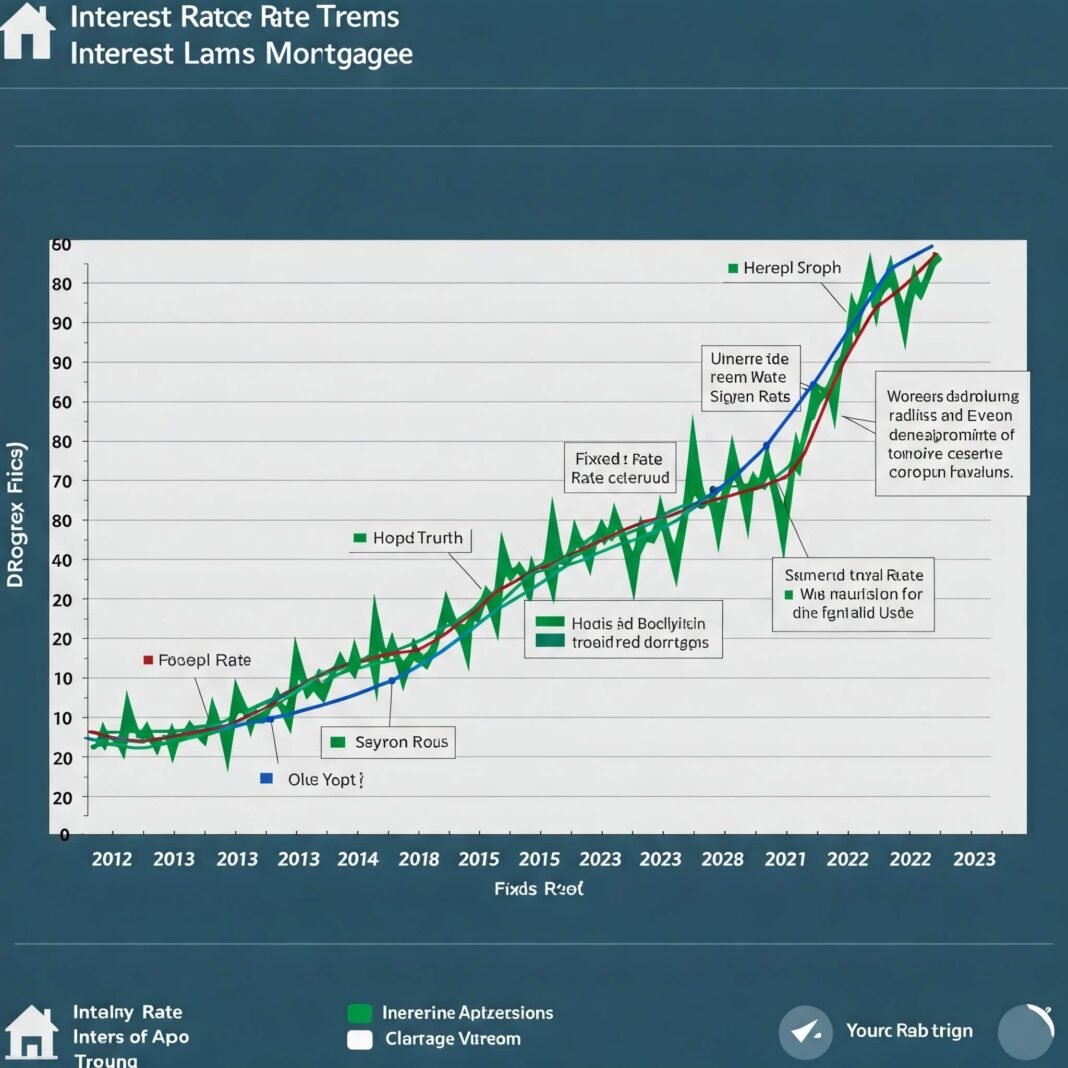You’ve got this amazing business idea. You’ve crunched the numbers, drawn up the plans, maybe even got a catchy name picked out. But then, reality hits. Startup costs. Equipment. Marketing. Payroll. It’s a never-ending money pit, right? You start thinking, “Man, if only I could just get a little cash injection without having to pay it back. Like, a gift from the universe.” That’s where the whispers of Government Grants for Small Business Owners start floating around.
For ages, I genuinely believed “grants” were like unicorn sightings – everyone talked about them, but nobody I knew had ever actually seen one. My friend, Dave, once spent weeks trying to find a grant for his artisanal pickle business. He was convinced there was a government program out there just waiting to fund his dill-icious dreams. He looked at me, totally lost, and said, “Dude, I seriously thought there’d be a ‘pickle grant’ somewhere!” We laughed, but also, you know, it’s a common misconception. Government grants do exist, but they’re not just handing out cash for any old brilliant idea. They’re usually for very specific purposes, and getting one is like trying to win the Hunger Games, but with more paperwork and less dramatic outfit

The Grant Gumbo: Why It’s So Different (and Often Confusing!)
So, why isn’t the government just throwing money at every budding entrepreneur? Well, because that’s not how grants work. Grants aren’t like loans you pay back; they’re funds given for a specific public purpose or to achieve a specific government objective.
- Not for Starting a Coffee Shop (Usually): Generally, you won’t find a federal grant to simply open a new coffee shop, boutique, or standard service business. Those are usually funded by loans, investors, or your own savings. Grants are tied to missions.
- Solving a Problem: Government grants typically go to businesses or organizations that are working on things the government wants to see happen. Think:
- Research and development (especially in science, tech, medicine).
- Creating jobs in specific underserved areas.
- Developing solutions to societal problems (e.g., environmental issues, healthcare access).
- Supporting specific demographics (e.g., women-owned, minority-owned, veteran-owned businesses).
- The Paperwork Monster: Getting a grant is usually a bureaucratic nightmare. It’s not just a quick online form. We’re talking detailed proposals, budgets that will make your eyes water, compliance reports, and enough jargon to make your head spin. It’s like trying to fill out your taxes after drinking a whole pot of coffee – messy, confusing, and full of opportunities for mistakes.
What to Look For: Your Grant-Hunting Checklist (Before You Go Wild!)
Before you get all excited and start searching for your “pickle grant,” let’s talk about the reality of finding Government Grants for Small Business Owners. These aren’t just handed out. You need to align with a specific purpose. Here’s what you need to understand:
It Takes TIME: From finding the right grant to writing the proposal to waiting for a decision, this can take months, sometimes even over a year. Not for emergency cash!
Purpose-Driven: Your business or project must align with the specific goals of the grant. Read the grant description 100 times. Does your idea fit exactly?
Eligibility Requirements: Who are they looking for? Businesses in a certain industry? Located in a specific rural area? Owned by a specific demographic? Don’t waste your time if you don’t meet the criteria.
Competition is FIERCE: Seriously, imagine trying to win a golden ticket to Willy Wonka’s factory, but 10,000 other people want it too. That’s grant competition.
Reporting and Compliance: If you get a grant, it’s not truly “free.” You’ll have to provide detailed reports on how you spent the money and how your project is progressing. It’s a whole thing.
- It Takes TIME: From finding the right grant to writing the proposal to waiting for a decision, this can take months, sometimes even over a year. Not for emergency cash!
My Top 5 Types of Government Grants for Small Business Owners (What to Actually Keep an Eye Out For!)
Okay, so I’m not going to list specific grant names, because they change constantly and have super specific eligibility. Think of these as the categories of Government Grants for Small Business Owners that are actually out there. These are the big players, the most common areas where the government invests.
1. Small Business Innovation Research (SBIR) & Small Business Technology Transfer (STTR) Grants
- What they’re for: Okay, this is the big one for the science nerds and tech wizards out there. These are federal grants from agencies like the National Institutes of Health (NIH), Department of Defense (DoD), NASA, etc. They’re for small businesses doing cutting-edge research and development that has the potential for commercialization. Think: new medical devices, aerospace tech, environmental solutions.
- Why it’s competitive: Because it’s HUGE money, and you’re literally proposing to invent the future. You need a super solid scientific or technical proposal.
- My take: My friend, Anna, who’s a legit bio-engineer, once applied for an SBIR grant. The application was thicker than a phone book (remember those?). She spent months on it. She looked at me, totally lost, and said, “Dude, I seriously thought my brain was going to melt.” She didn’t get it that time, but it wasn’t because her idea was bad; it was just insanely competitive. It’s for revolutionary stuff, not, like, a new app for finding the best local coffee.
2. SBA (Small Business Administration) Grants (Often Through Partners)
- What they’re for: The SBA doesn’t generally give grants directly to small businesses for general operations. However, they do provide grants to non-profit organizations, educational institutions, and state/local government agencies. These organizations then use those funds to offer technical assistance, training, and sometimes sub-grants to small businesses in specific categories. Think:
- Women’s Business Centers: Support for women entrepreneurs.
- Veterans Business Outreach Centers: Help for veteran entrepreneurs.
- Small Business Development Centers (SBDCs): General support and sometimes connections to local funding.
- Why it’s competitive: You’re often applying to a local organization that has limited funds. You need to show how your business aligns with their mission (e.g., job creation, economic development in a specific area).
- My take: This is where things get tricky. You search “SBA grants,” and you think you’re going to get direct cash. Nope. You’re looking for the partners of the SBA. It’s like trying to find the secret level in a video game; you gotta go through the right portal.
3. Grants for Underserved/Specific Demographics (Women, Minorities, Veterans, Rural, etc.)
- What they’re for: Many federal and state agencies, and even some large corporations and non-profits, offer grants specifically to promote entrepreneurship among groups that have historically faced barriers. This includes women, minorities, veterans, disabled individuals, or businesses in economically disadvantaged or rural areas.
- Why it’s competitive: Because everyone wants them! And you have to definitively prove you fit the demographic and meet the criteria for impact.
- My take: This is huge! If you fall into one of these categories, do some serious digging. Organizations like the National Minority Supplier Development Council (NMSDC) or the Women’s Business Enterprise National Council (WBENC) might have resources or direct grant programs.
4. Federal Agency Specific Grants (e.g., USDA, EDA, EPA)
- What they’re for: Beyond SBIR/STTR, many federal departments have their own grant programs that align with their mission.
- USDA (U.S. Department of Agriculture): Grants for rural businesses, agricultural innovation, food systems.
- EDA (Economic Development Administration): Grants for projects that promote economic development in distressed communities.
- EPA (Environmental Protection Agency): Grants for businesses developing green technologies or environmental solutions.
- Department of Commerce: Grants for things like broadband expansion in rural areas or manufacturing.
- Why it’s competitive: You need to show how your business directly supports the agency’s goals. Like, if you’re making compostable cutlery, the EPA might be interested. If you’re building a sustainable farm in a small town, USDA might be your jam.
- My take: This is where you really need to be targeted. Don’t just spray and pray. Know which agency’s mission your business actually serves. It’s like dating – you don’t just ask anyone out; you find someone who’s actually into what you’re into.
5. State and Local Government Grants (Often Community-Focused)
- What they’re for: Your state, county, or city might have grants for businesses that align with local economic development goals. Think:
- Revitalizing downtown areas.
- Creating jobs in specific industries.
- Encouraging energy efficiency.
- Supporting local arts and culture.
- Why it’s competitive: Often smaller amounts of money, but still highly sought after. You need to show a clear local impact.
- My take: This is where you might find something for that artisanal pickle business if the town is trying to boost local food producers! Check your state’s economic development agency, local chambers of commerce, and city government websites. It’s often less publicized than federal grants, so you have to dig.

The Grant Application Gauntlet: It’s Not a Walk in the Park
So, you found a potential grant! Hooray! Now, be prepared for the actual application process. It’s not for the faint of heart.
Read the Request for Proposal (RFP) Thoroughly:
This is your bible. It tells you exactly what they’re looking for, the format, the deadlines, the eligibility, everything. Miss one little thing, and you’re out.
Craft a Stellar Proposal:
This isn’t just about your idea; it’s about how well you can articulate it, how you’ll use the money, your qualifications, your budget, and how you’ll measure success. It’s like writing a college essay, but with way more commas and a lot more at stake.
The Budget Breakdown:
You need a super detailed budget. Every penny accounted for. No “miscellaneous” categories.
Proofreading is Key:
A typo in a grant application can send your whole dream crashing down. Get multiple sets of eyes on it.
My friend, Mark, once spent literally a month writing a grant application. He pulled all-nighters, drank more coffee than a Gilmore Girl and looked at me, totally lost, and said, “Dude, I seriously thought my fingers were going to fall off.” He didn’t get it, but he learned so much about his business in the process. Sometimes, the journey is the reward (even when the reward is just a really detailed business plan you didn’t have before).
When Grants Aren’t Your Jam: Other Ways to Fund Your Dream
Let’s be real: Government Grants for Small Business Owners are awesome if you get them, but they are a loooong shot for most general small businesses. They aren’t startup capital for just any dream. So, if your business isn’t inventing cold fusion or solving world hunger in a very specific, grant-aligned way, don’t despair! There are other avenues:
SBA Loans (SBA 7(a), SBA 504): These are not grants! They are government-backed loans that make it easier for banks to lend to small businesses. Often have better terms than traditional bank loans.
Traditional Bank Loans: If you have a solid business plan and good credit, a traditional bank loan might be an option.
Venture Capital/Angel Investors: For high-growth, scalable businesses. You’re giving up equity in exchange for funding.
Crowdfunding: Raise money from a large number of people, usually online. Good for creative projects or products with a built-in fan base.
Personal Savings/Friends & Family: The classic way many businesses get started.
Bootstrapping: Growing your business using only existing revenue or minimal outside capital. Slow but sustainable!
Conclusion: Don’t Hunt for Unicorns, Build Your Own Path!
So, the dream of “free money” via Government Grants for Small Business Owners? It’s a real thing, but it’s very specific, highly competitive, and incredibly demanding. Don’t waste precious time chasing a grant that doesn’t perfectly align with your business. Instead:
Do your research (official sources only!): Use sites like Grants.gov (for federal) and your state’s economic development sites.
Understand the purpose of the grant: Does your business truly solve a problem the government wants to fix?
Be realistic: Is your business truly innovative or serving a specific underserved demographic?
Consider alternatives: Loans, investors, crowdfunding – these are often more accessible for general business startups.
Go forth, my fellow entrepreneur! Dream big, but also be strategic about where you seek your funding. Your business will thank you for it (and so will your sanity). Cheers to building that business, one smart step at a time!





